Beijing is urging its companies to buy domestically produced artificial intelligence chips instead of those from Nvidia Corp.
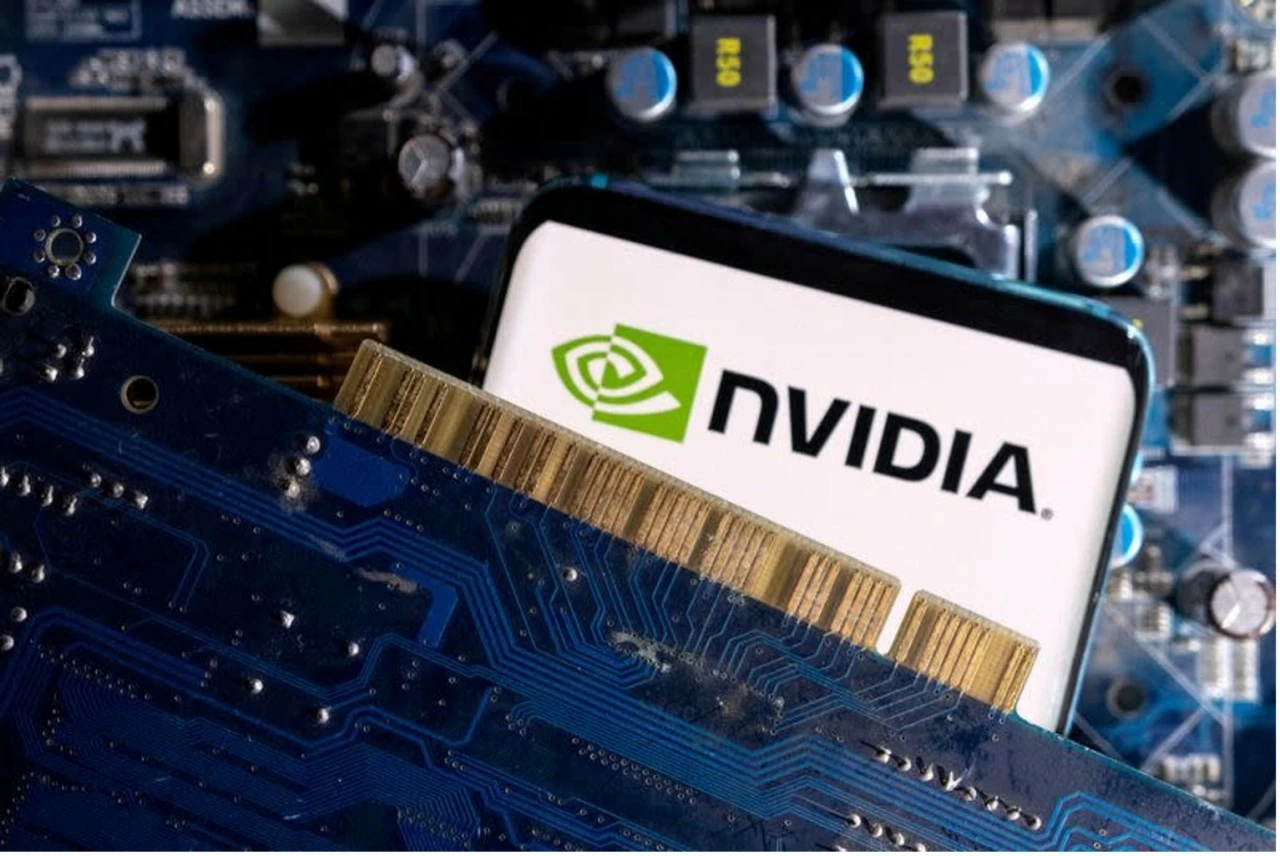 |
| Nvidia has sold a lot of its H20 chips, priced at $12,000-$13,000 each, to China as the country spends heavily on AI infrastructure. (Source: Reuters) |
This is part of China's efforts to develop its semiconductor industry and respond to US trade restrictions.
Protecting domestic businesses
According to Bloomberg , Chinese regulators have recommended that domestic companies limit purchases of Nvidia’s H20 chips, which are used to develop and run AI models. The policy is more of a recommendation than an outright ban as China wants to avoid hurting its own AI startups and escalating trade friction with the United States.
The move is expected to help China’s domestic AI chipmakers gain more market share while bolstering local tech companies that are ready to respond to any potential additional U.S. restrictions. China’s top AI chipmakers include Cambricon Technologies Corp. and Huawei Technologies Co.
China also ordered domestic electric vehicle makers to buy more chips from domestic chipmakers as early as 2024, part of a campaign to become self-sufficient in critical technologies.The U.S. government has banned Nvidia from selling its most advanced AI chips to Chinese customers by 2022, part of an effort to curb China’s technological advances. Nvidia, based in Santa Clara, California, has been tweaking future versions of its chips so they can be sold to Chinese customers under U.S. Commerce Department regulations. The H20 series fits that bill.
In recent months, several Chinese regulators, including the Ministry of Industry and Information Technology, have issued “window guidance” policies to reduce the use of Nvidia chips, an effort to influence companies’ operations through recommendations rather than strict regulations.
With this policy, China encourages domestic companies to rely on chip supplies from domestic manufacturers such as Huawei and Cambricon, and wants Chinese companies to build the best AI systems possible.
Nvidia chip monopoly
Meanwhile, Nvidia CEO Jensen Huang said on September 27 that Nvidia is making every effort to best serve its customers in China while still complying with the restrictions of the US government. According to him, the first thing Nvidia must do is comply with any current US policies and regulations on the chip industry and will continue to work to improve its production capacity and competitiveness.
Nvidia, the world’s most valuable chipmaker, has seen sales surge as data center operators around the world ramp up purchases of its chips. China continues to contribute to the growth despite some negative impacts from trade restrictions.
Nvidia Chief Financial Officer Colette Kress said revenue from its China data center chip business has been growing steadily and is a significant contributor to the company's overall revenue.
Nvidia chips are the gold standard for companies looking to develop AI services. Companies like Meta Platforms Inc., OpenAI and Alphabet Inc. have rushed to buy Nvidia’s most advanced chips to help them design and run cutting-edge AI models. Some Chinese tech companies, including ByteDance Ltd. and Tencent Holdings Ltd., stocked up on Nvidia chips ahead of the U.S. chip export controls.
Meanwhile, Chinese chip designers and manufacturers are working to come up with alternatives to Nvidia’s chips. China has subsidized its semiconductor industry with billions of dollars, but domestic AI chips are still not “on par” with Nvidia’s.
Still, China has a thriving AI sector, despite U.S. trade restrictions. ByteDance and Alibaba Group Holding Ltd. have invested heavily in the sector to gain a lead in the face of fierce competition from a host of powerful rivals.
Source: https://baoquocte.vn/trung-quoc-keu-goi-cac-cong-ty-trong-nuoc-tranh-xa-chip-cua-nvidia-288085.html








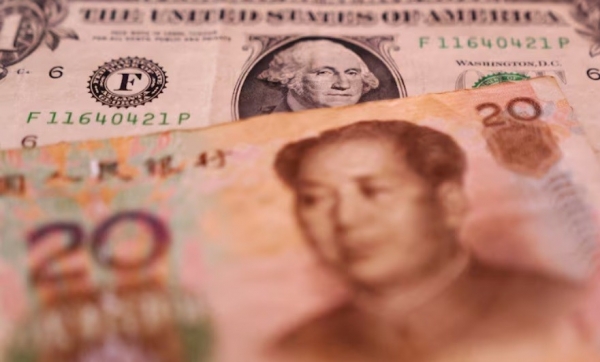




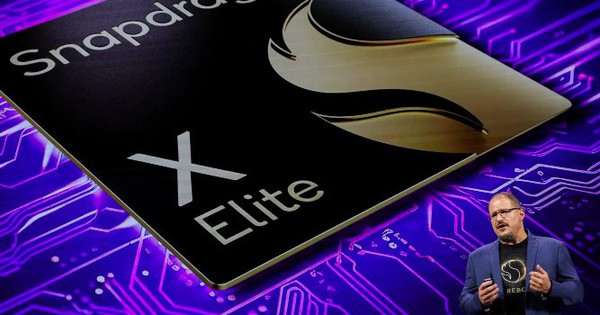


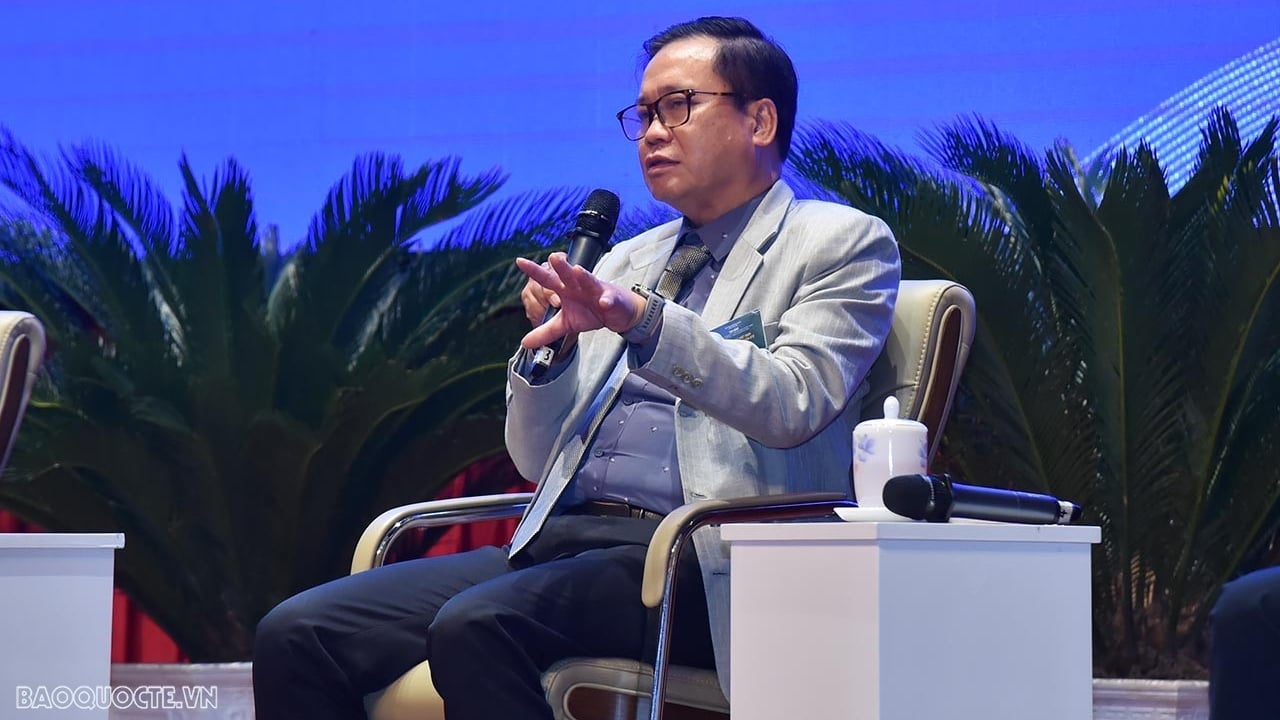

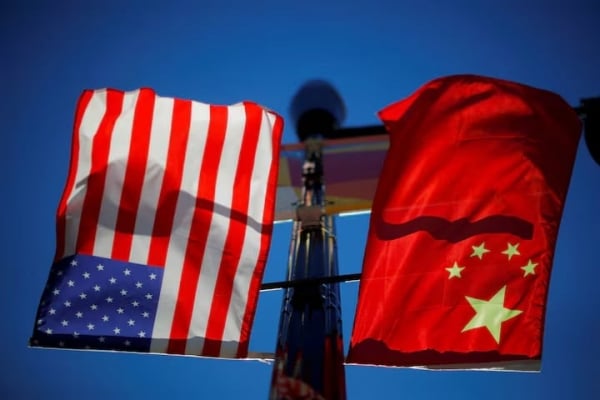


















![[Photo] Prime Minister Pham Minh Chinh chairs Government Conference with localities on economic growth](https://vstatic.vietnam.vn/vietnam/resource/IMAGE/2025/2/21/f34583484f2643a2a2b72168a0d64baa)










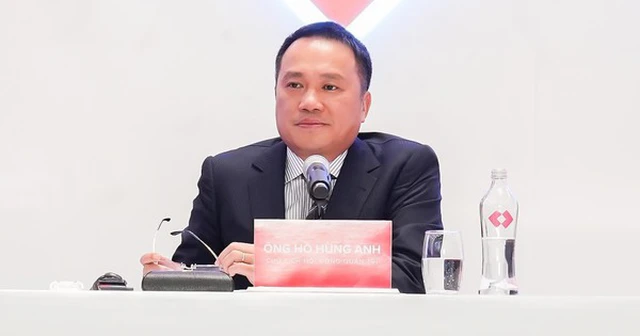

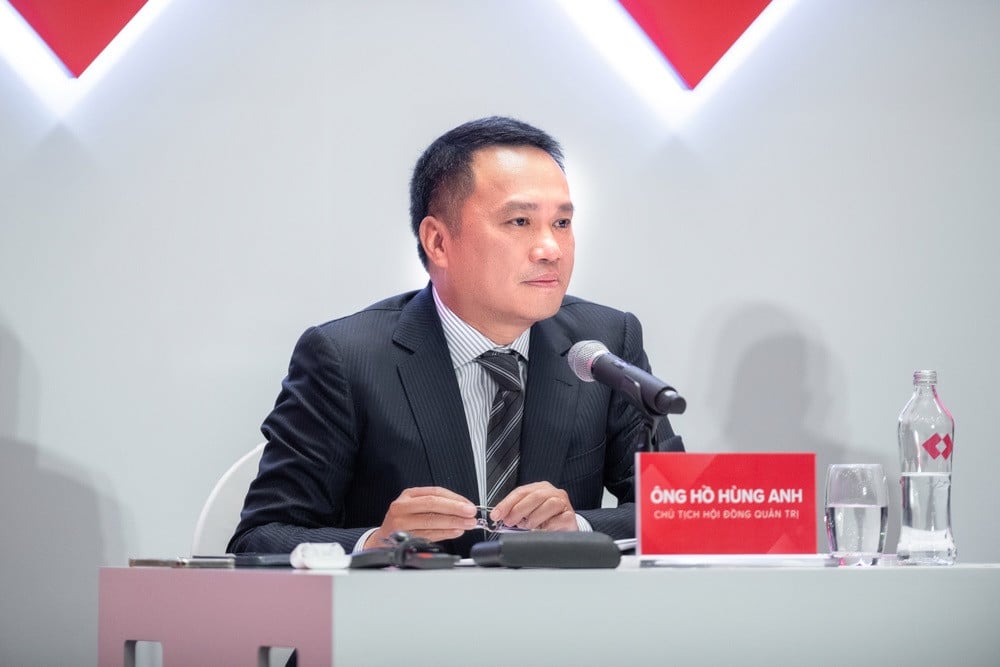

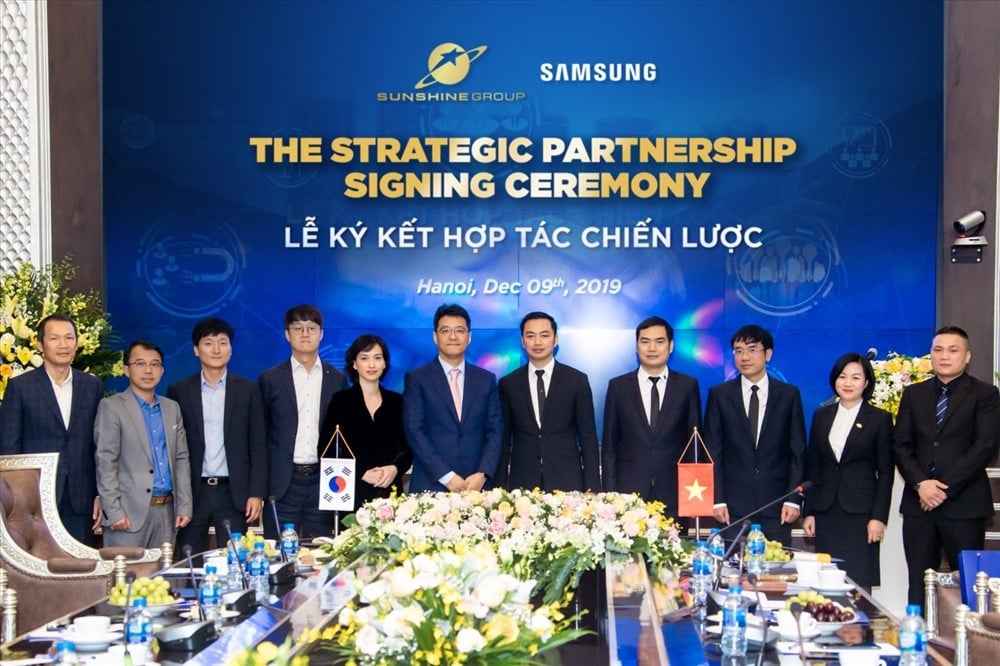













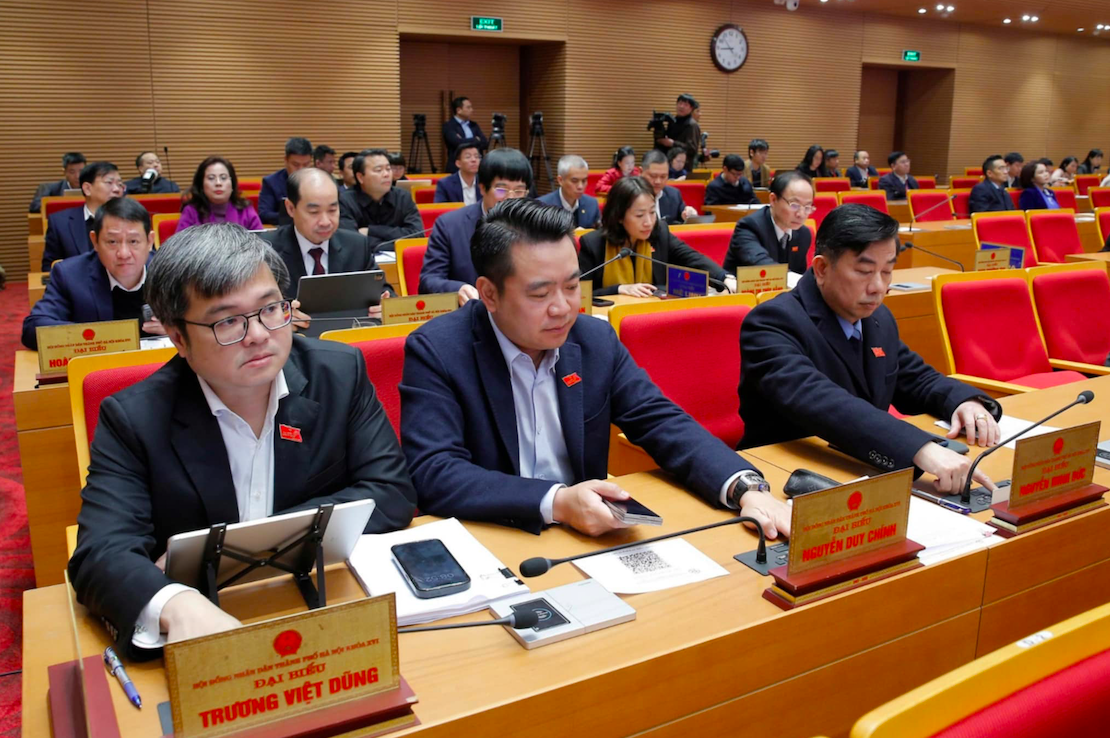


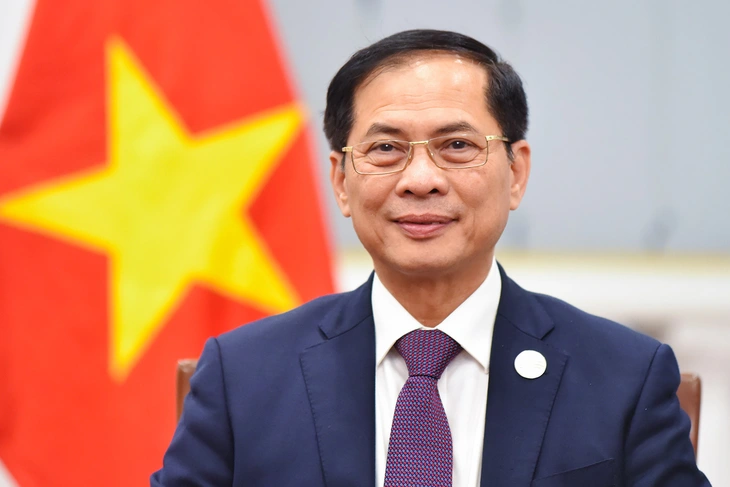
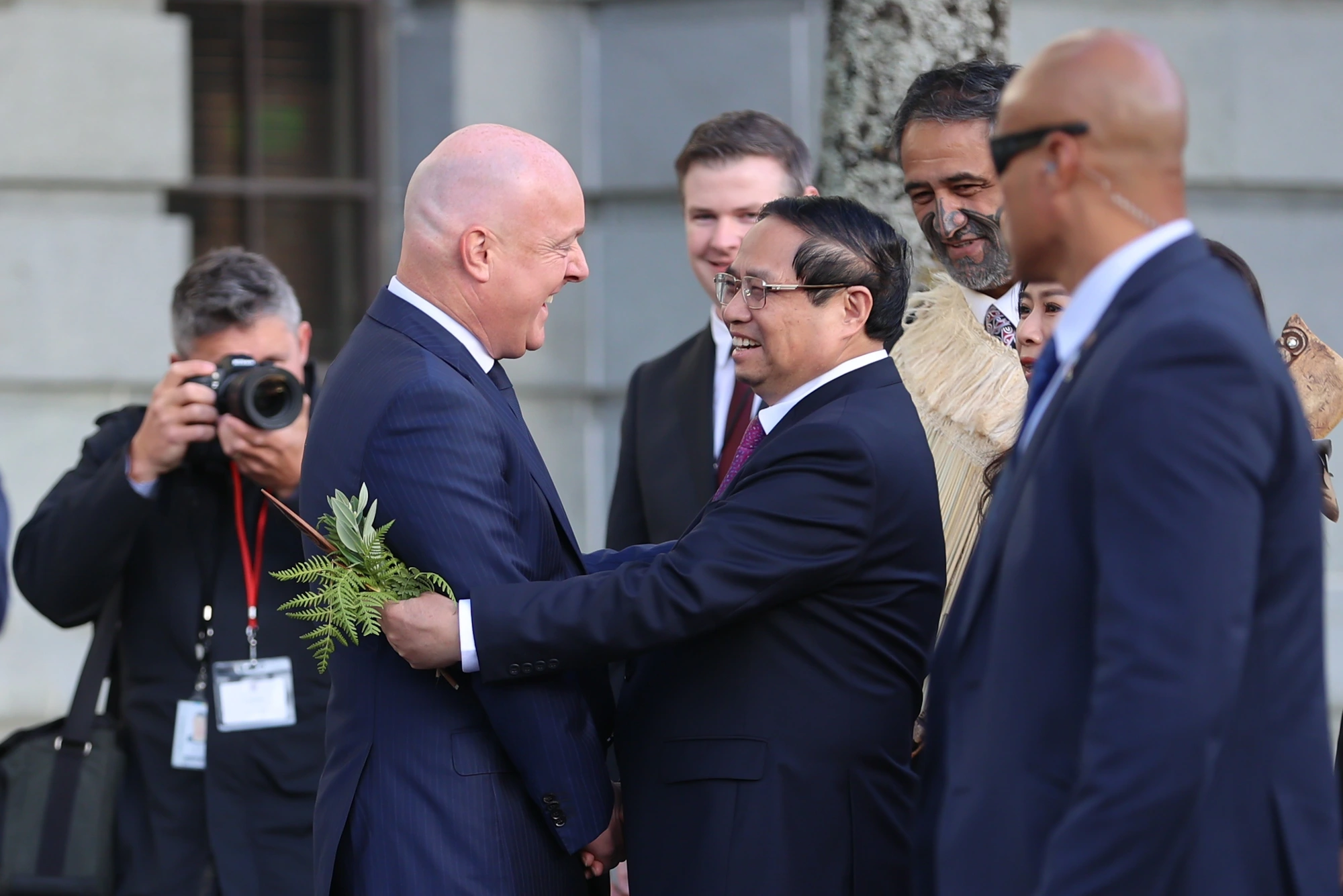
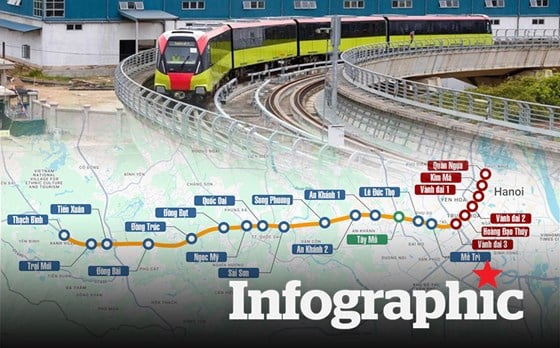



























Comment (0)